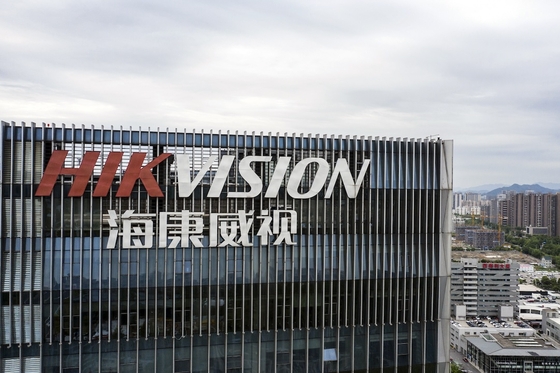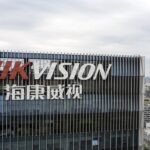In a downtown Toronto courtroom, far from the tech manufacturing hubs of Hangzhou, a legal drama is unfolding that could redefine how we hold surveillance technology companies accountable in democratic societies. Chinese surveillance giant Hikvision has launched a legal challenge against the Canadian government’s decision to ban its equipment from federal systems—a case that deserves our attention for reasons extending well beyond corporate interests or geopolitical tensions.
The Canadian government’s ban, announced last September, came after security assessments identified “an unacceptable level of risk” associated with the company’s equipment. This isn’t just bureaucratic caution—Hikvision’s deep ties to the Chinese government and the deployment of its technology in the surveillance of Uyghur populations have raised profound human rights concerns that democracies worldwide are increasingly unwilling to ignore.
What makes this legal battle particularly significant is Hikvision’s approach. Rather than addressing the substantial human rights allegations, the company is challenging the procedural fairness of Canada’s decision. It’s a strategy that attempts to redirect the conversation from ethical accountability to administrative technicalities—from the substance of the allegations to the form of the decision-making process.
The implications stretch far beyond one company’s market access. As I’ve covered extensively in previous analyses at CO24 Opinions, technology companies wield unprecedented power in modern society. Their products don’t just observe our world—they actively shape it, influencing behavior, determining access, and redefining privacy in ways previous generations could scarcely imagine.
Democracies now face a critical challenge: how to ensure that the technology we incorporate into our infrastructure aligns with our fundamental values. The question isn’t merely whether a particular company poses a security risk, but whether we’re willing to accept technology that may be complicit in human rights abuses elsewhere, regardless of its technical performance.
This isn’t the first time Canada has had to navigate these complex waters. The legal proceedings echo similar tensions surrounding Huawei’s 5G technology—an issue I explored in depth at CO24 Trends last year. These cases collectively signal a growing recognition that technology procurement decisions can no longer be separated from broader ethical and geopolitical considerations.
Hikvision’s legal team argues that the company deserves detailed explanations of the government’s security concerns and a formal opportunity to address them. While procedural fairness is indeed a cornerstone of democratic governance, we should also recognize that some information in national security assessments necessarily remains classified, creating an inevitable tension between transparency and security imperatives.
The outcome of this case could establish precedents that reverberate through global technology markets. If Hikvision succeeds, other banned technology providers might follow suit, potentially constraining governments’ ability to make timely security decisions. Conversely, if Canada prevails, it could strengthen democratic nations’ resolve to prioritize human rights considerations in technology procurement.
For everyday Canadians, this legal battle might seem distant from daily concerns, but its implications are profoundly personal. The surveillance technologies in question capture our movements, recognize our faces, and monitor our public spaces. The companies behind these technologies, and the values they embody, matter deeply to the kind of society we’re building.
As this case progresses through the courts, we would do well to remember that what’s truly on trial extends beyond a single company or product line. At stake is how we balance security, commerce, and human rights in an age where technology increasingly mediates our relationship with the world around us. As I’ve often argued in my cultural analyses at CO24 Culture, the tools we choose to deploy in our society inevitably reflect and reinforce our collective values.
The Hikvision case reminds us that in our interconnected world, accountability cannot stop at national borders. Whether in courtrooms, corporate boardrooms, or government offices, the decisions we make about technology today will shape the boundaries of freedom and control for generations to come.










